The beauty and tragedy of Iraqi Kurdistan
It's "a Middle Eastern Montana with ruins: a cooler, welcoming tableau of crisp mountain streams and scrappy peaks."
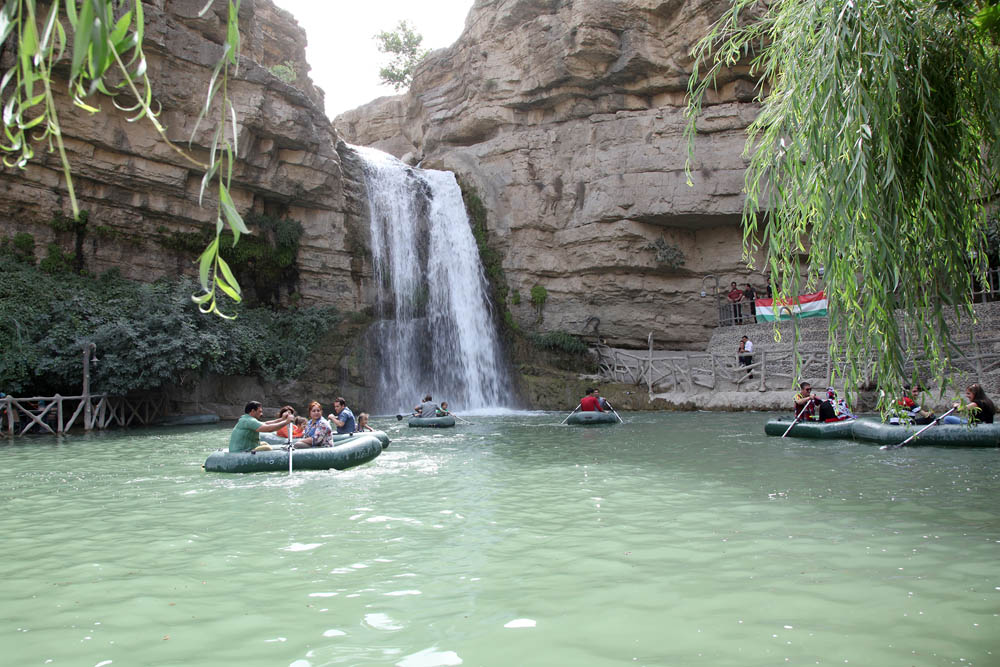
Each week, we spotlight a dream vacation recommended by some of the industry's top travel writers. This week's pick is Iraqi Kurdistan.
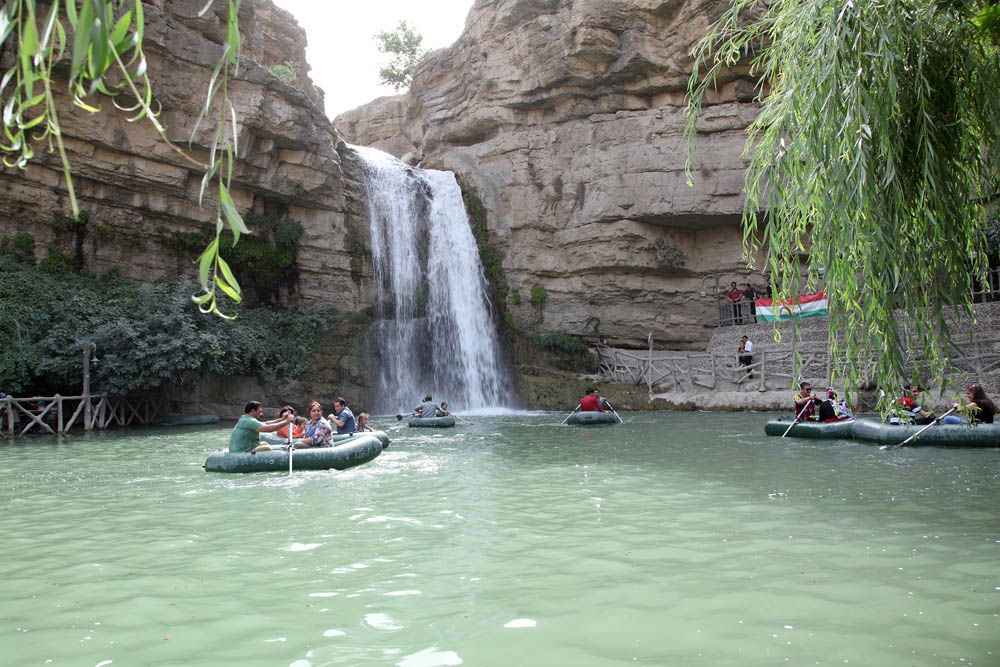
Iraqi Kurdistan could become a great travel destination — "if people would only stop confusing it with the Iraq they see in the news," said Tim Neville at The New York Times. That might be a tall order, given Iraq's bloody recent history. But the semiautonomous Kurdistan region, in the country's northeast corner, is nothing like battered, dusty Mosul. It's "a Middle Eastern Montana with ruins: a cooler, welcoming tableau of crisp mountain streams and scrappy peaks." The local tourism industry was dealt a near-fatal blow in 2014, when ISIS pushed into the region. But following the jihadist group's collapse, Kurdistan is again becoming a place where a traveler can ride a gondola to ski slopes or kayak on a calm mountain lake. What's more, "you can stroll around Erbil, the regional capital, concerned with only how to decline, politely, invitations to drink tea."
I spent a week exploring the region last spring with Balin Zrar, a charismatic, chain-smoking guide from Kurdistan Iraq Tours. At Erbil's bustling bazaar, I stuck my nose into sacks of za'atar and sumac and watched two teen lovebirds — "she in a hijab, he in jeans" — kiss behind a tree in a park. We also visited Mar Mattai, one of the world's oldest Christian monasteries, which clings to the side of a mountain. "On a clear day a visitor can stand against its fortress-like walls and discern far below the winsome farmlands of Upper Mesopotamia." Outside the city of Dohuk, I walked the battlefield where in 331 B.C. Alexander the Great routed the forces of Persian King Darius III, a victory that allowed Alexander to build an empire stretching from Greece to Pakistan.
The Week
Escape your echo chamber. Get the facts behind the news, plus analysis from multiple perspectives.

Sign up for The Week's Free Newsletters
From our morning news briefing to a weekly Good News Newsletter, get the best of The Week delivered directly to your inbox.
From our morning news briefing to a weekly Good News Newsletter, get the best of The Week delivered directly to your inbox.
War will always haunt Kurdistan. My whole trip oscillated between "breathtaking beauty" and "heartbreaking anguish." We danced in shin-deep water at the Gali Ali Begg waterfall, then visited the city of Halabja, where in 1988 Saddam Hussein murdered as many as 5,000 Kurds in a chemical gas attack. Standing in the husk of one of Saddam's lavish palaces, I gazed across endless peaks stretching toward Turkey. Later, I met the 25-year-old founder of a kayaking club who hopes to one day open an outdoor shop in Erbil. "When there is no war in my country," he said, "Kurdistan is the best place."
Read more at The New York Times, or book a journey with Kurdistan Iraq Tours. Trips start at $2,000.
A free daily email with the biggest news stories of the day – and the best features from TheWeek.com
-
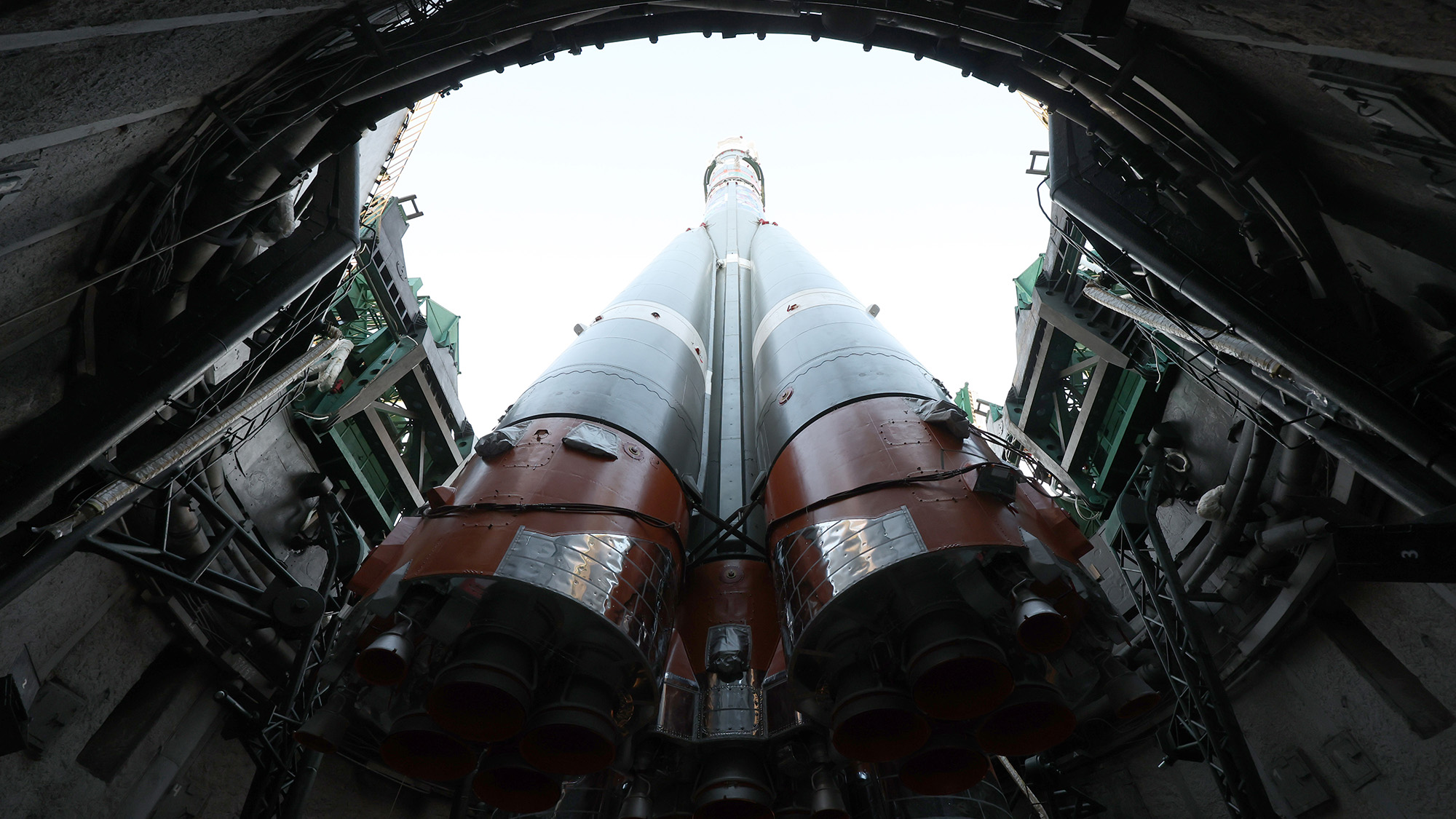 The week’s best photos
The week’s best photosIn Pictures Ready for lift-off, the odd one out, and more
-
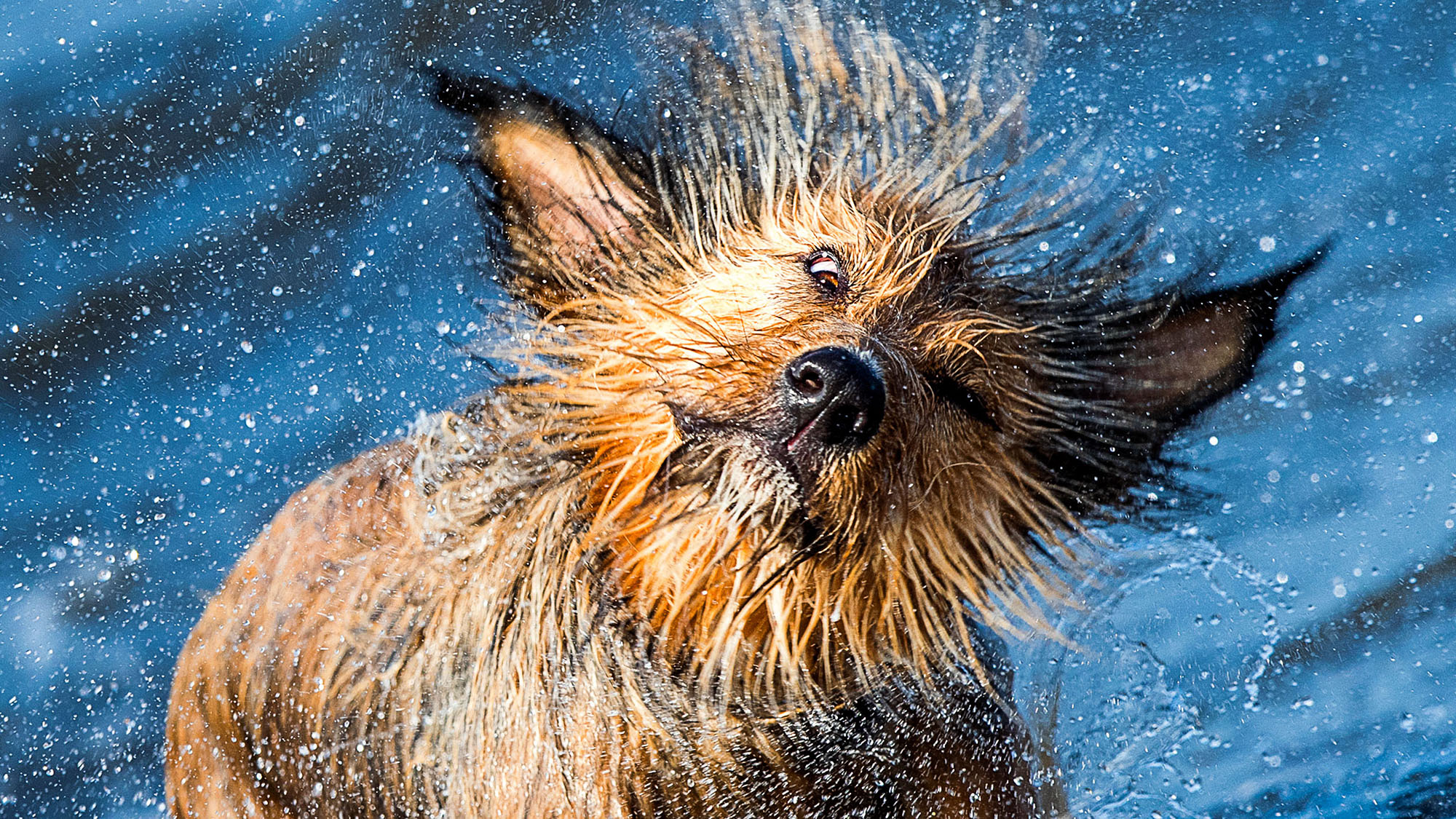 The Week Unwrapped: Have pedigree dogs had their day?
The Week Unwrapped: Have pedigree dogs had their day?Podcast Plus what can we learn from Slovenia’s rejection of assisted dying? And can politicians admit their weaknesses?
-
 4 often overlooked home maintenance tasks that could cost you later
4 often overlooked home maintenance tasks that could cost you laterThe Explainer A little upkeep now can save you money down the road
-
 Brazil’s Bolsonaro behind bars after appeals run out
Brazil’s Bolsonaro behind bars after appeals run outSpeed Read He will serve 27 years in prison
-
 Americans traveling abroad face renewed criticism in the Trump era
Americans traveling abroad face renewed criticism in the Trump eraThe Explainer Some of Trump’s behavior has Americans being questioned
-
 Nigeria confused by Trump invasion threat
Nigeria confused by Trump invasion threatSpeed Read Trump has claimed the country is persecuting Christians
-
 Sanae Takaichi: Japan’s Iron Lady set to be the country’s first woman prime minister
Sanae Takaichi: Japan’s Iron Lady set to be the country’s first woman prime ministerIn the Spotlight Takaichi is a member of Japan’s conservative, nationalist Liberal Democratic Party
-
 Russia is ‘helping China’ prepare for an invasion of Taiwan
Russia is ‘helping China’ prepare for an invasion of TaiwanIn the Spotlight Russia is reportedly allowing China access to military training
-
 Interpol arrests hundreds in Africa-wide sextortion crackdown
Interpol arrests hundreds in Africa-wide sextortion crackdownIN THE SPOTLIGHT A series of stings disrupts major cybercrime operations as law enforcement estimates millions in losses from schemes designed to prey on lonely users
-
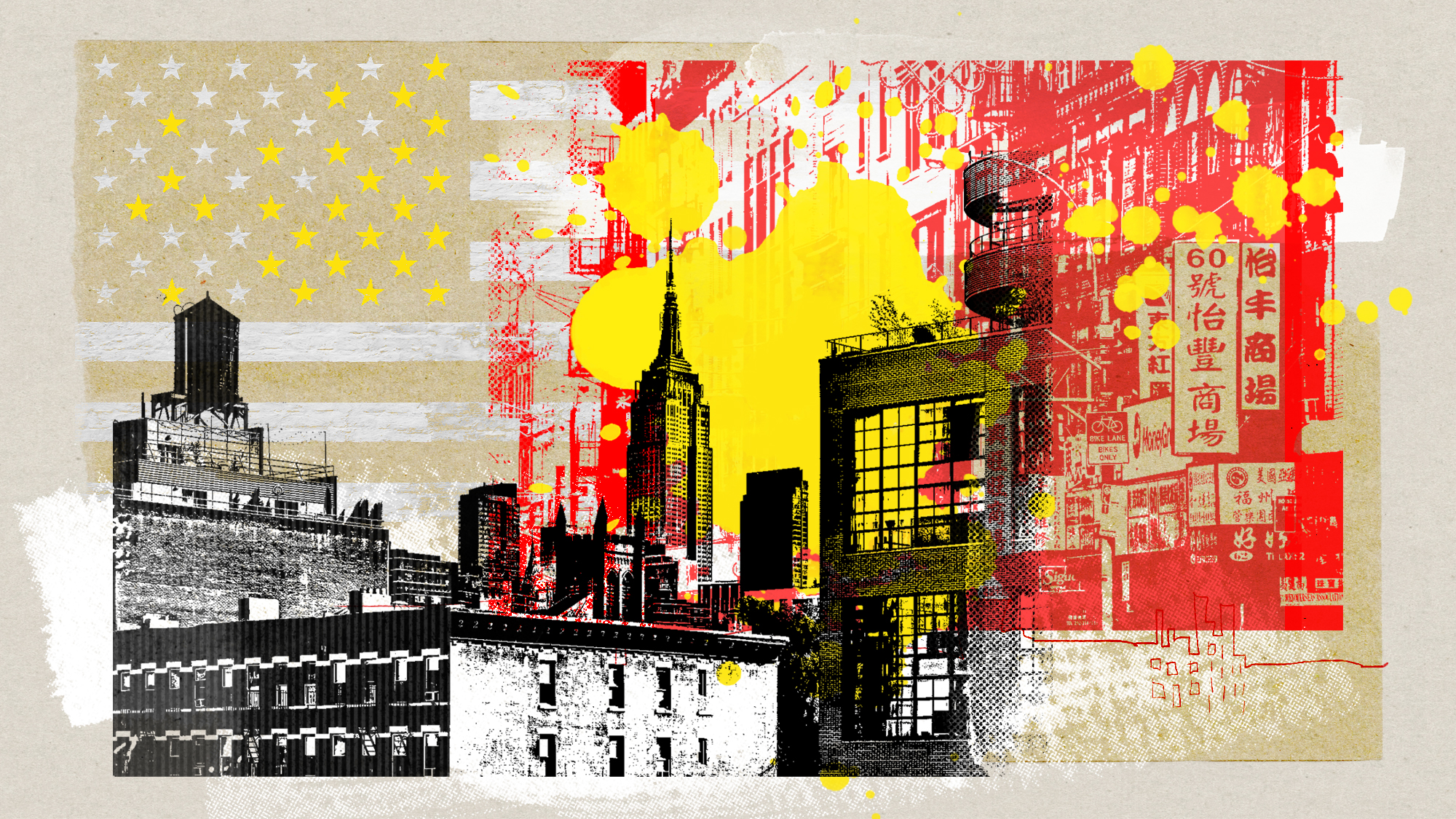 China is silently expanding its influence in American cities
China is silently expanding its influence in American citiesUnder the Radar New York City and San Francisco, among others, have reportedly been targeted
-
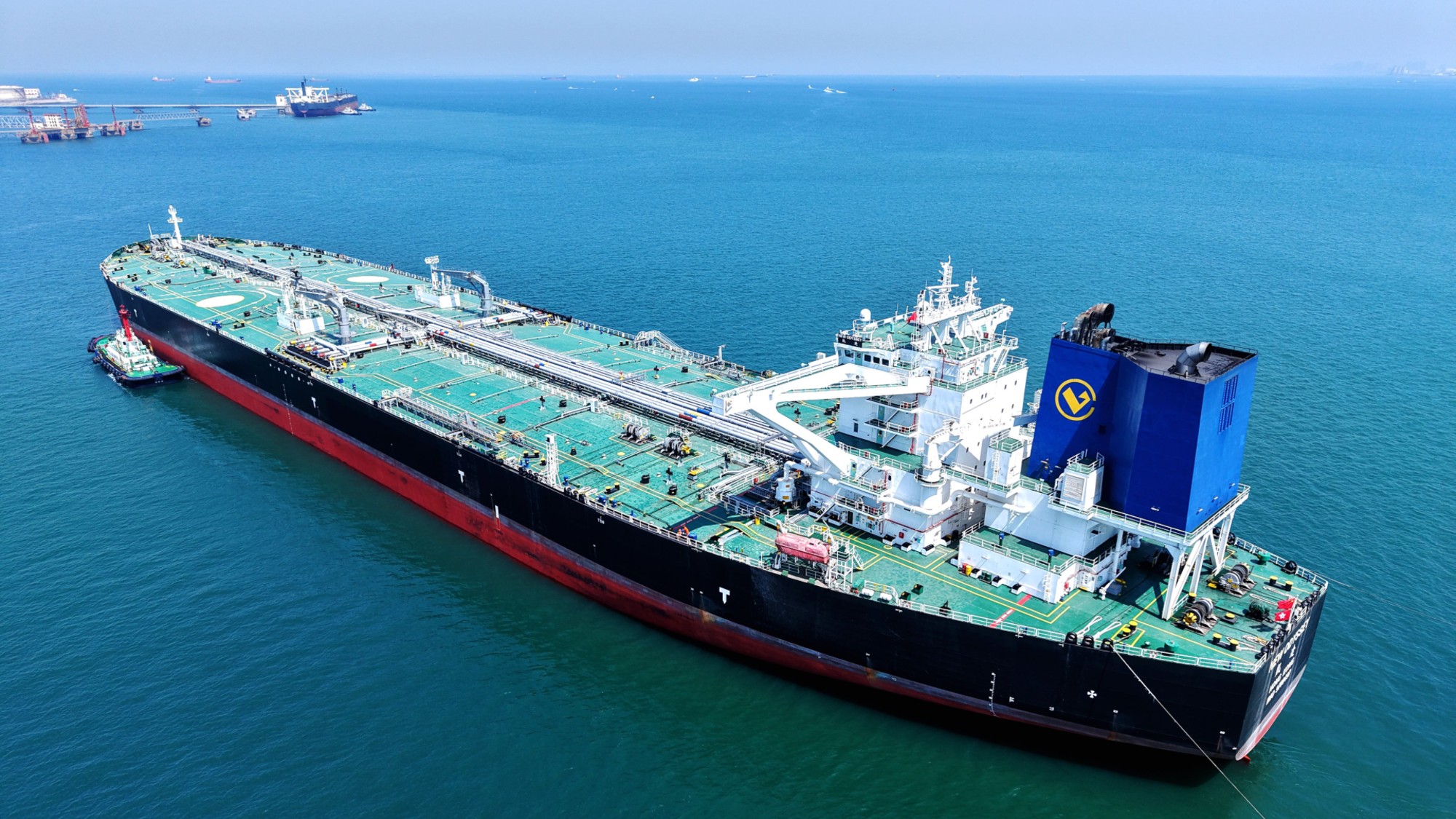 How China uses 'dark fleets' to circumvent trade sanctions
How China uses 'dark fleets' to circumvent trade sanctionsThe Explainer The fleets are used to smuggle goods like oil and fish